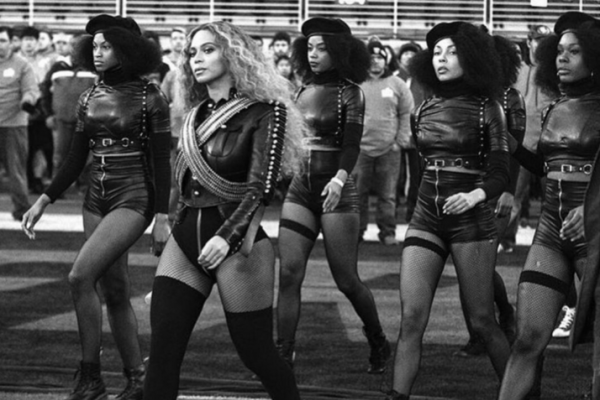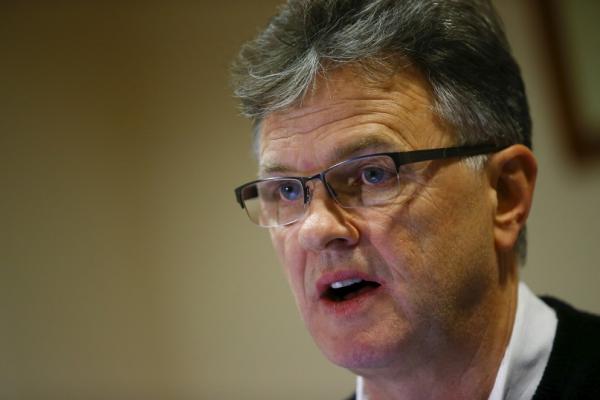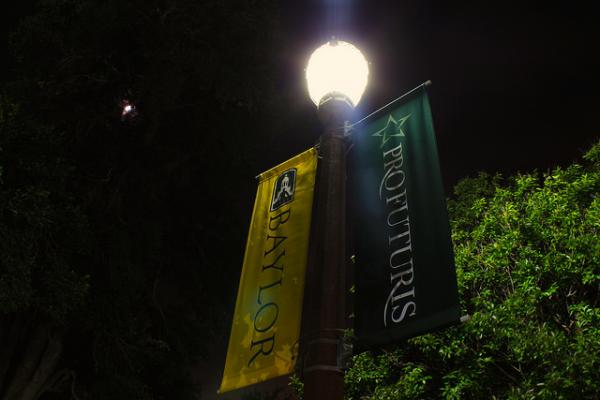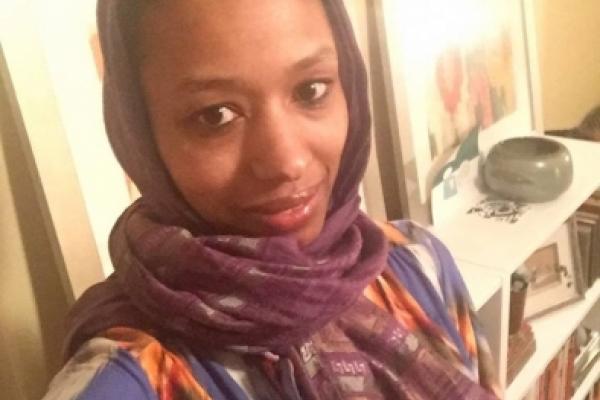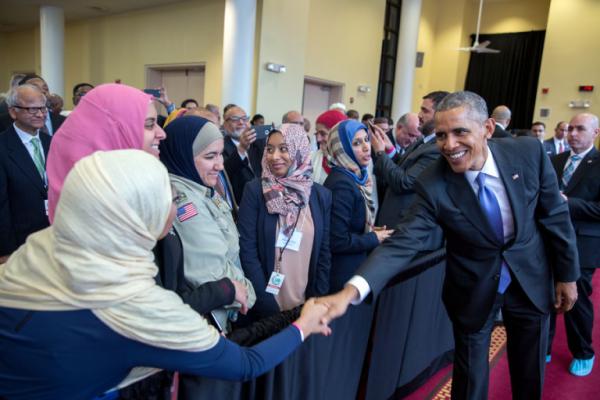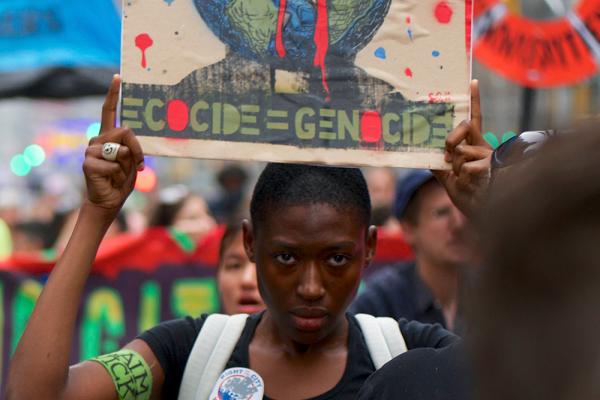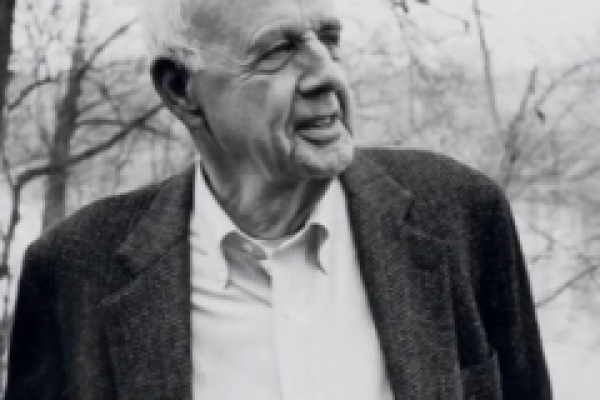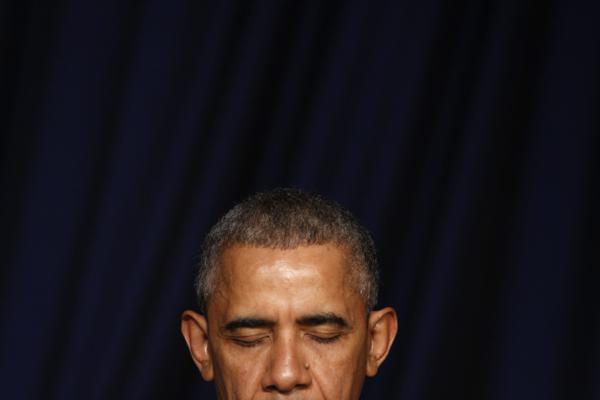“The potency of ‘Formation’ doesn’t comes from its overt politics: it comes from the juxtaposition of lyric with the images, which organically present black humanity in ways we’ve haven’t seen frequently represented,” wrote Syreeta McFadden in The Guardian.
“Beyoncé’s work shows that revolution can be beautiful; protest and celebration are not contradictions when imagining a black future that isn’t overrun by images of black pain and death.”
One of the two victims of clerical sexual abuse serving on a Vatican commission set up by Pope Francis has apparently been sidelined. The Holy See on Feb. 6 said Peter Saunders, a British Catholic who was abused by Jesuit priests as a teenager, is taking a “leave of absence” from the Pontifical Commission for the Protection of Minors.
A group of Baylor University students and alumni will gather for a candlelight vigil outside university President Ken Starr’s home on Feb. 8 in an effort to urge changes to how the school handles sexual assault.
The vigil is being organized by Stefanie Mundhenk, a recent graduate who described her own experience through the school’s Title IX process in her personal blog. Mundhenk’s account — coupled with a recent ESPN report accusing the school of mishandling cases of sexual assault by Baylor football players, and subsequent CBS Sports commentary calling on President Ken Starr to “stop stonewalling” about the rape cases — sparked outrage among Baylor alumni, many of whom responded in an open letter to the university administration over the weekend. Since the open letter was shared on Saturday, the list of signatories has risen from 50 to more than 1,300.
Coming on the heels of Mattel’s release of Barbies with different body types comes “Hijarbie,” or Barbie in hijab. Hijarbie is the creation of the 24-year-old Nigerian woman Haneefah Adam, and will be available at major toy retailers in the U.S.
After Provost Stanton Jones issued an apology to Dr. Larycia Hawkins, Wheaton College and Dr. Hawkins released a joint statement on February 6 announcing that they will part ways.
The statement indicated they found a mutual place of resolution and reconciliation.
Our Founders knew that religious liberty is essential not only to protect religion, but because religion helps strengthen our nation. From our Revolution to the abolition of slavery, from women’s rights to civil rights, men and women of faith have often helped move our nation closer to our founding ideals. This progress is part of what makes us a beacon to the world.
Black History Month is a time to reflect on the contributions African Americans have made to this country. We are right to pause and look back on those who have fought for justice and equal rights. But we mustn’t stop there. We also need to look forward and act to address one of the deadliest legacies of racial inequality: toxic pollution that is harming our children and poisoning our environment.
The Berry family has lived in these parts for nine generations. While pursuing a prolific writing career, Berry never stopped caring for the land of his ancestors. Now, the 81-year-old writer wants to pass on his family’s farming legacy to a new generation. He decided against teaming up with a large university agricultural program, and instead selected a small Catholic liberal arts college about an hour’s drive from Louisville, run by the Dominican Sisters of Peace.
1. Released Emails Suggest Officials Knew About Legionnaires’ Disease Outbreak a Year Ago
The email, obtained by Progress Michigan, shows that an adviser to Gov. Rick Snyder — Director of Urban Affairs Harvey Hollins — was notified of a significant uptick in the Legionnaires’ disease coinciding with the switch over to the Flint River as a water source.
2. LISTEN: Uncomfortable Is Not the Same as Unsafe. White People Need to Lean in to the Discomfort.
Jim Wallis spoke at Westminster Town Hall Forum in Minneapolis, streamed on MPR. Take a listen to the great talk.
Speaking slowly at times as he talked about how he is comforted by Scripture and the faith of others, Obama said he has lately focused on a Bible verse from 2 Timothy: “For God has not given us a spirit of fear, but of power and of love and of a sound mind.”
He said now is the best period to have that scriptural assurance.
“What better time in these changing and tumultuous times to have Jesus standing beside us, steadying our minds, cleansing our hearts, pointing us towards what matters,” he said.
